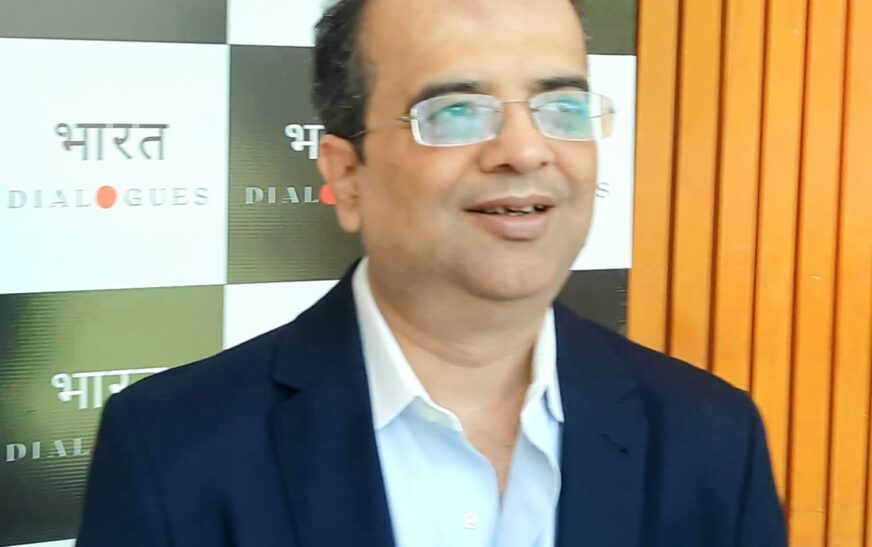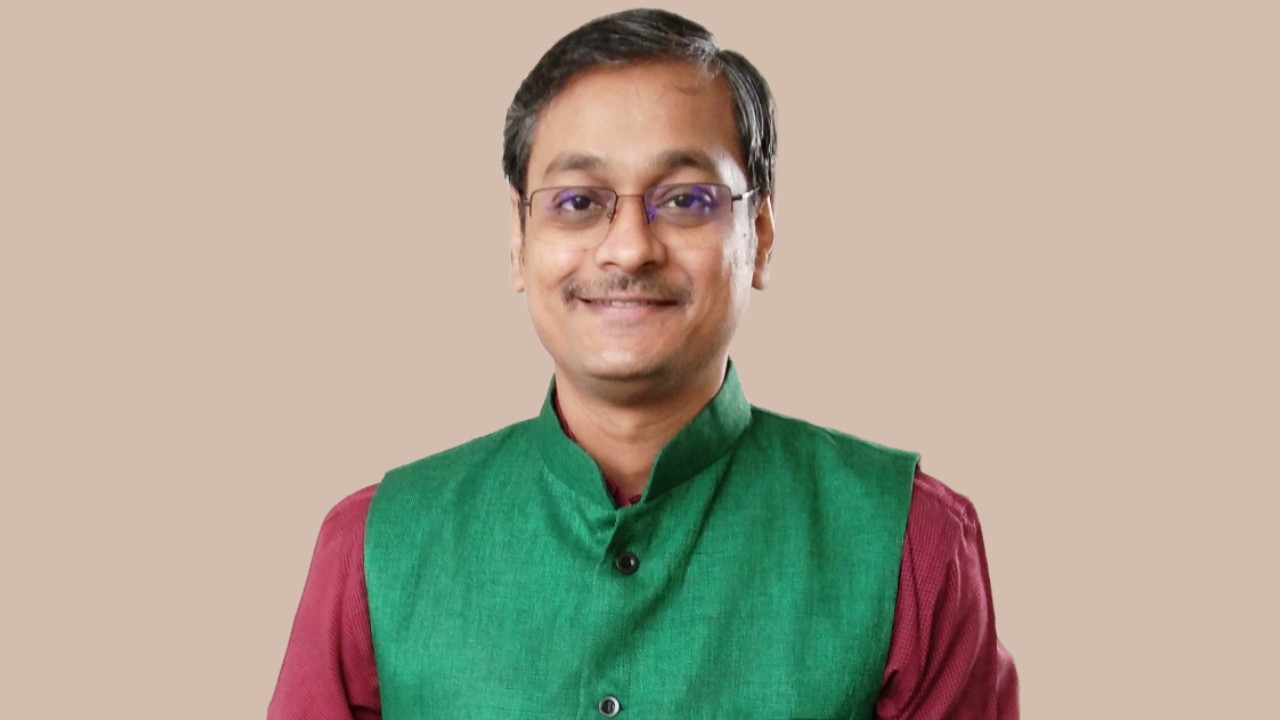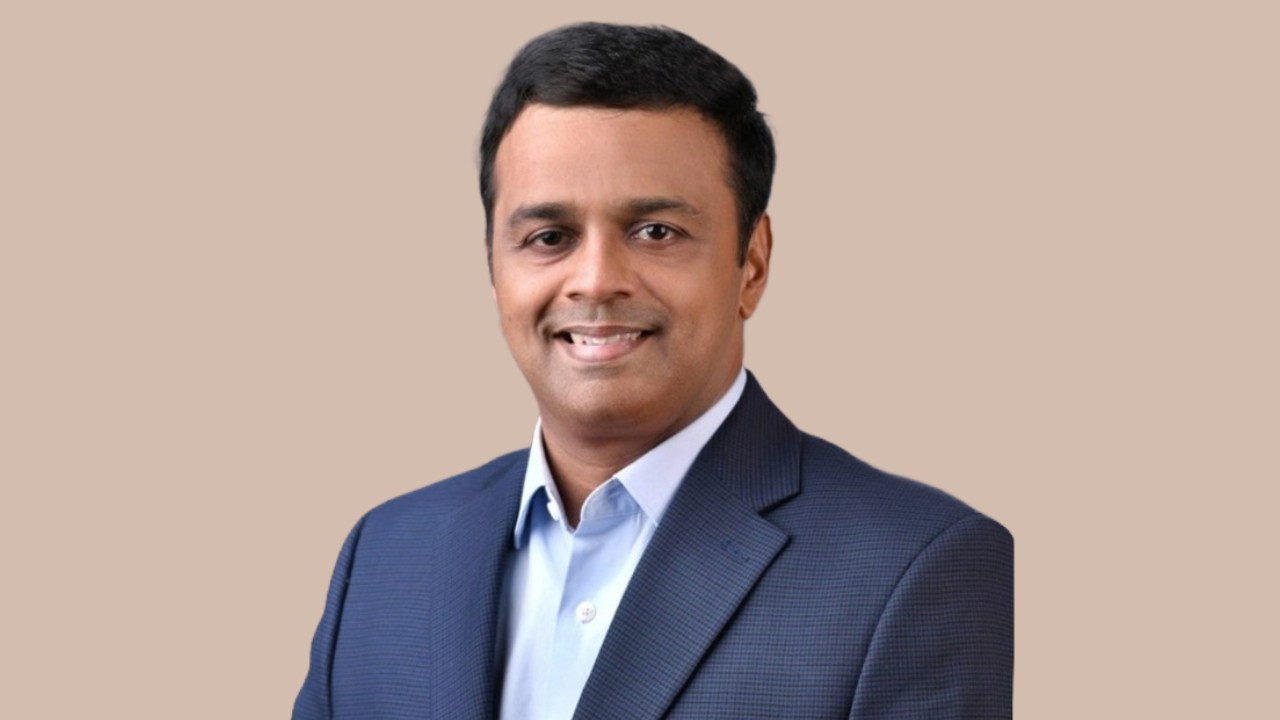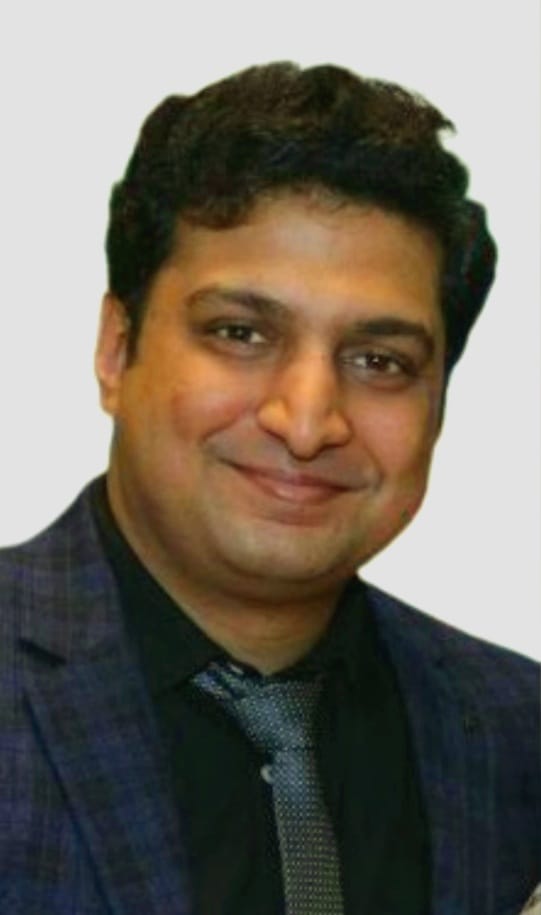Dr. Samir Parikh is a distinguished figure in the field of mental health, serving as the Chairperson of the Fortis National Mental Health Program at Fortis Healthcare. With a robust educational background, Dr. Parikh earned his MBBS and Doctor of Medicine in Psychiatry from the prestigious B.J. Medical College and Civil Hospital, Ahmedabad, where he excelled and emerged as the top performer in both disciplines.
Renowned for his expertise and profound insights, Dr. Parikh is a sought-after speaker, gracing numerous national and international platforms to address critical issues concerning mental health. His eloquence and depth of knowledge have captivated audiences, making him a revered figure in the domain.
Dr. Parikh’s impact extends beyond the lecture hall, as he is widely recognized as one of the foremost authorities on mental health in the country. Through his tireless efforts, he has significantly contributed to destigmatizing mental health issues and fostering a more inclusive and understanding society. His advocacy and leadership have played a pivotal role in reshaping the narrative surrounding mental health, garnering widespread recognition and acclaim.
As the Chairperson of the Fortis National Mental Health Program, Dr. Parikh continues to spearhead initiatives aimed at advancing mental health awareness and accessibility to quality care. His dedication to improving mental health outcomes has earned him admiration and respect from peers and patients alike, solidifying his position as a luminary in the field.
Dr. Samir Parikh, in an open conversation with The Interview World, reveals the profound effects of fear and stigma on mental health. He delves into the intricacies of loneliness, explores the influence of social media on mental well-being, and considers effective strategies for tackling mental health challenges. Let’s delve into the key takeaways from his enlightening interview.
Q: How do fear and stigma impact mental health?
A: The prevalent stigma surrounding mental health perpetuates a pervasive fear of discrimination, posing a significant obstacle to seeking assistance. Shockingly, three out of every four individuals in need of help refrain from reaching out due to this stigma. Prompt intervention is crucial; seeking help promptly can mitigate adverse impacts on one’s life.
Unfortunately, societal pressures and personal beliefs often create barriers, discouraging individuals from seeking the support they require. Consequently, intervention is delayed, exacerbating distress and disability. Understanding this dynamic is vital. In the era of digital India, where connectivity and resources are abundant, there should be no hesitation in seeking help.
Embracing digital platforms for mental health support can facilitate early intervention and improve outcomes. Therefore, it is imperative to dismantle the stigma associated with mental health and encourage a culture of seeking help when needed, without fear or hesitation.
Q: How do you define loneliness and how can anyone get out of it?
A: In my book “Alone in the Crowd,” I delve deep into the pervasive issue of loneliness within urban environments. It’s a pressing concern that stems from the hectic nature of modern lifestyles, leaving us with limited time for introspection and genuine human connection. The prevalence of social media exacerbates this problem, as virtual interactions often fail to fulfill our innate need for meaningful relationships.
It’s imperative to cultivate mindfulness in our daily lives, allowing us to savor each moment and create genuine connections with others. By prioritizing mindfulness, we can learn to appreciate our own company while also nurturing authentic relationships with those around us. In essence, true happiness lies in fostering meaningful connections and finding balance in our interactions with the world. “Alone in the Crowd” serves as a guide to navigate through the challenges of urban loneliness and find fulfillment in genuine human connections.
Q: What’s the impact of social media on mental health?
A: I believe it’s no longer about being social. We might label it as digital media, but let’s ditch the term “social”. Back in school, “social” was a positive term, but we’ve tarnished it. It can’t truly be social if we’re taking it to the restroom, sleeping with it, waking up to it, and doing everything else with it.
Our parents didn’t announce our births on Facebook when we were born. Now, I fear embarrassing you. Picture your dad saying, “Dear, I love you.” It’s cringeworthy.
If you don’t see an issue here, then there’s a problem that needs addressing. Want to talk about universal rights? Let’s start with the basics. Let’s be truthful with ourselves. If we’re not honest with ourselves, what’s the point of it all? We’ll just become a passing trend. Today, it’s Women’s Day; tomorrow, it’s something else. We’ll have fancy themes, trendy hashtags, but they’ll fade away within hours.
Assuming nothing major happens right now, in 15 minutes, some political event will overshadow everything else. Then, feel free to celebrate as many days as you want; it’ll all be replaced by something else. We’re so focused on the present that we fail to see the importance of consistent, long-term actions.
If we want change, it has to be continuous, relentless. Just like building a road – you keep at it until it’s done, without faltering, without changing course, until you see the road in front of you. It might not happen in our lifetimes, but what about the youth? Will they step up and make a lasting impact?
The question isn’t whether rights matter; of course, they do. Mental health being a universal right isn’t up for debate; it is. The real question is whether we care enough to take action.
Moving from prevention to community support, from clinicians to media involvement, from society to connectedness, from social media to genuine social relationships, we need collective, consistent, sincere efforts if we want to ensure mental health becomes a universal right, transcending age, gender, or any other bias. That’s the only way to truly address mental health.
Q: How can we address the mental health issues?
A: We must address mental health as a fundamental human right. It’s crucial to acknowledge our collective failure in prioritizing this. Without prioritizing mental health, the foundation of civilization itself is compromised. Currently, discussions on mental health often come after other societal concerns, such as women’s rights. However, we must recognize that rights are essential for all individuals, irrespective of gender or status.
Despite our rhetoric, our actions often fall short of our words. We frequently engage in discussions without taking meaningful action. This inaction perpetuates the cycle of neglect. Simply talking about issues isn’t enough; action is necessary to effect change.
Mental health professionals, for instance, must expand their role beyond clinical practice. It’s not merely about seeing patients and prescribing medications. Addressing distress should be prioritized alongside treating diseases. Waiting until a problem escalates into a diagnosable disorder is not proactive enough.
In our fast-paced digital age, attention spans are dwindling, but the importance of mental health remains unchanged. Social media trends and fleeting interactions often overshadow deeper issues. The emphasis on brevity and instant gratification undermines the complexity of mental health.
Campaigns and discussions on mental health often lack depth and sincerity. They may resort to stereotypes and fail to address the multifaceted nature of mental health issues. We need a more nuanced understanding that considers all relevant factors.
Healthcare providers play a crucial role in integrating mental health into all aspects of healthcare. Preventive health checkups should include mental health assessments. Ignoring mental health in such assessments is illogical and undermines the concept of holistic health. In conclusion, addressing mental health requires a shift in perspective and action at various levels of society. From professionals to policymakers, everyone must prioritize mental health to create a healthier and more equitable world.









